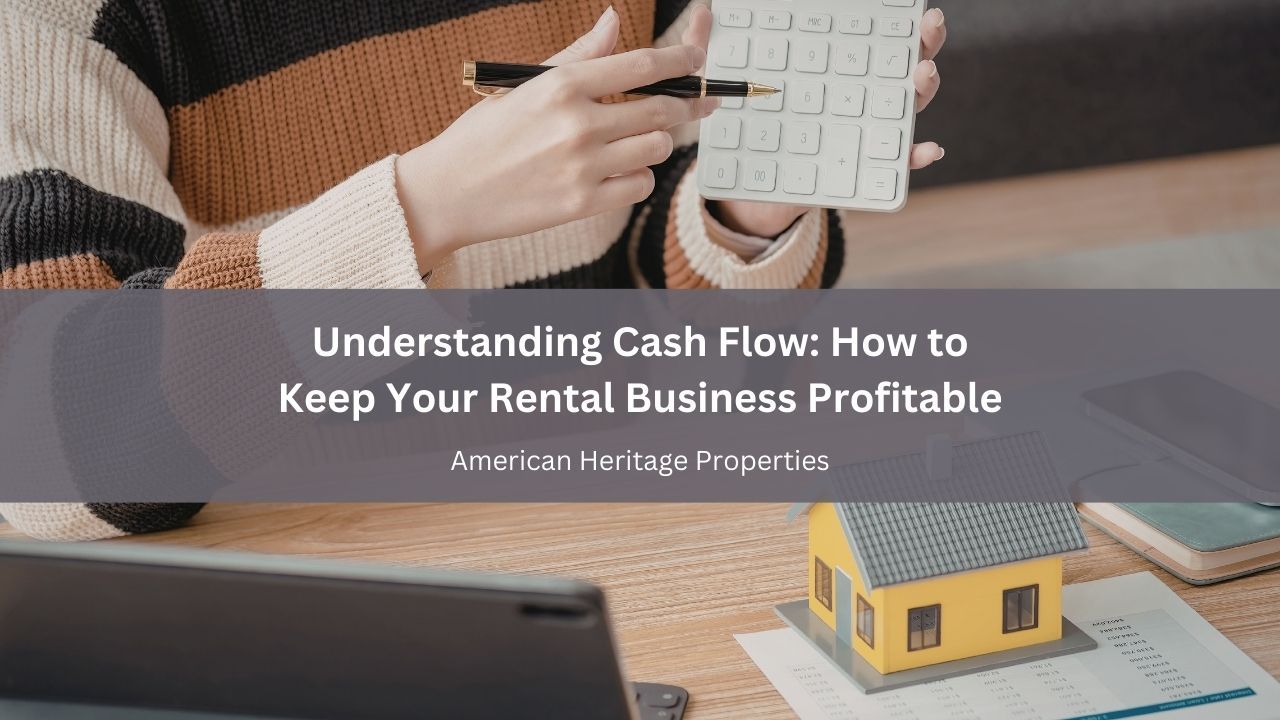Should I Hire a Property Management Company? San Diego Landlord Education
Potential clients often ask me if they really need to hire a professional property manager. I always answer that question by asking several of my own.
Marketing and Screening
I ask if they have the time and expertise to market and show the property. I ask if they have the knowledge and resources to screen tenants, and if they know what to look for on an application to judge the credibility of a tenant.
Once you have a qualified tenant, do you know what to include in the lease to protect your property? Do you know what to document in the property prior to a tenant moving in? The process includes taking a lot of pictures and writing a lot of things down.
Maintenance
When the tenant is there, will you be available 24 hours a day and seven days a week for emergencies and maintenance? Things will come up. You also need to know how to properly respond to maintenance requests the tenant will have during the tenancy. Sometimes, tenants will request silly things and sometimes the things they request are habitability related. You need to know how to differentiate between unnecessary things and the things you have a legal responsibility to maintain.
Tenant Relationship
It’s also important to know what to do if a tenant is late paying rent. What’s the best method to encourage tenants to pay on time? What if the tenant stops paying rent completely? Do you know what steps to take and do you have a plan?
If the tenant causes problems during the tenancy and breaks the lease, you need to know how to handle that. What if there are a lot of noise complaints from neighbors? You need to know what to do in that case and how to take the first step. What if the tenant moves out early? What are your legal responsibilities and how do you handle it? About five percent of leases end early because of a tenant leaving. There might be a job transfer or the tenants might buy a house. Maybe there’s a military transfer and a military transfer is going to be different; do you know how?
Security Deposits
When a tenant moves out, there’s a process that needs to be followed. An inspection is required and you have to know how to take back possession. Are you able to determine the difference between tenant damage and normal wear and tear? You’ll be held to high standards when you’re making charges from a tenant’s security deposit. Landlords are professionals and you need to know what to do – you’ll be held to high standards in court. There’s a lot of accountability and responsibility.
Rental Price and Business Decisions
You need to know how much to charge for rent. You can look for the going rate for homes like yours on Craigslist, Zillow.com and Trulia.com, but you have to be careful. These sites can provide ideas, but we rent about 350 properties a year and we know what rents should be, but it’s not always an exact science. You need to be able to go beyond what you find online. People can list property for whatever they want.
An important question to ask is can you make decisions solely based on business instead of emotional and personal factors? In 27 years of property management, this is the biggest mistake we see people make. Those personal thoughts influence business decisions. You might hear a sad story from prospective tenants about poor credit due to an accident or lack of income verification because they’re between jobs. People will use a variety of methods to get into your home. Regardless of the story and your level of compassion, you have to keep your decisions based on business.
These are the most important questions to ask yourself when you’re deciding whether you need a property manager. If you have any questions, please contact us at American Heritage Properties.










